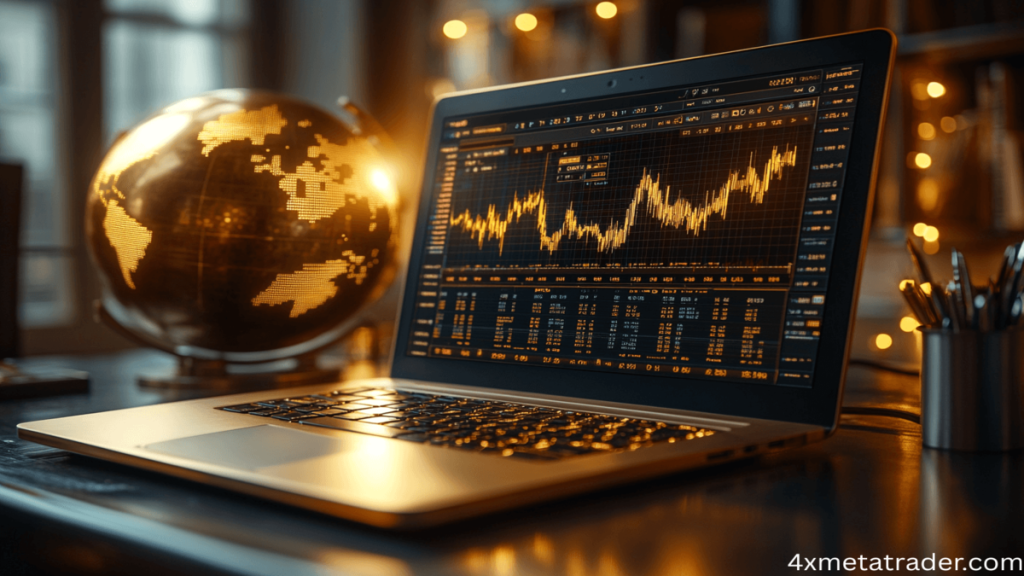
What is Forex trading? It’s the process of buying and selling currencies in a decentralized global market with the goal of making a profit from changes in exchange rates. Every time someone travels, shops online internationally, or invests abroad, a currency exchange happens. But beyond these daily transactions lies a fast-paced and enormous financial marketplace—known as the foreign exchange market, or simply, Forex.
This guide is designed for beginners who want to understand the fundamentals of Forex trading, how it works, and why it’s such a popular avenue for global investors.
Forex (short for foreign exchange) is the marketplace where currencies are traded in pairs. Each trade involves one currency being exchanged for another. The pair is typically presented like this: EUR/USD, where:
EUR is the base currency
USD is the quote currency
If the EUR/USD rate is 1.1000, it means 1 euro equals 1.10 US dollars.
Traders aim to speculate on how the value of one currency will change in relation to the other—buying when they expect the base currency to strengthen, and selling when they expect it to weaken.
In Forex trading, you predict whether a currency will go up or down in value against another. If you believe the euro will strengthen against the US dollar, you buy EUR/USD. If you think it will fall, you sell the pair.
The exchange rate between two currencies changes constantly due to factors such as:
Interest rate changes by central banks
Economic indicators like GDP or unemployment
Geopolitical stability and global news events
Trader sentiment and market speculation
Because of this constant movement, Forex offers opportunities to trade at any moment—but also carries financial risk.
Forex is unlike other markets in several key ways:
With a daily volume exceeding $5 trillion, the Forex market is the largest financial market worldwide. Its sheer size ensures that buying and selling can happen almost instantly, with minimal slippage.
Forex operates 24 hours a day, five days a week. It starts with markets in Asia, moves through Europe, and ends in North America. This non-stop action offers flexibility to traders worldwide.
Many brokers provide leverage—sometimes as high as 100:1—allowing you to control larger positions with a small investment. While this can magnify profits, it also increases potential losses.
Unlike stock markets that may require significant capital, you can open a Forex account with as little as $50. This makes it accessible for beginners, although more capital gives greater flexibility.
Forex isn’t limited to individual retail traders. It includes:
Central banks
Commercial banks
Hedge funds
Large corporations
Investment firms
These participants trade currencies for reasons ranging from hedging risk and making international payments to seeking profits through speculation.
Most trading happens in major pairs, which are the most liquid and stable. These include:
EUR/USD – Euro / US Dollar
USD/JPY – US Dollar / Japanese Yen
GBP/USD – British Pound / US Dollar
USD/CHF – US Dollar / Swiss Franc
These pairs often have lower transaction costs and tighter spreads, which is ideal for both new and experienced traders.
Forex trading offers flexibility, opportunity, and a truly global platform for investors of all levels. However, like any financial venture, it requires education, strategy, and risk management. Start small, use demo accounts to practice, and never risk more than you can afford to lose.
So, what is Forex trading really about? It’s about understanding global currencies, mastering the market, and staying disciplined. If approached wisely, it can become a powerful tool in your investment journey.
© 2025 Spider Trading Bot. All rights reserved.